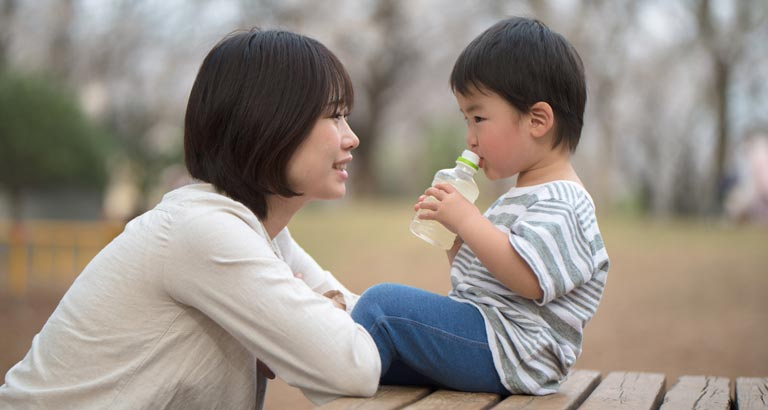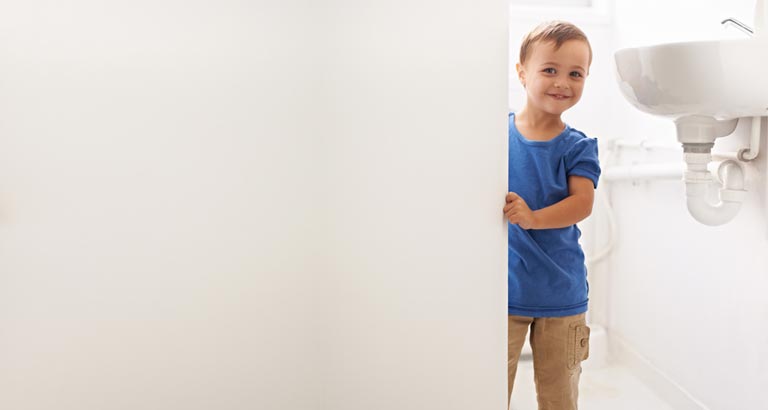
Nocturnal Enuresis in children, commonly referred to as bedwetting, can be tackled with some sound information and patience.
Overview
Bedwetting, clinically called nocturnal enuresis, is something that a lot of children get embarrassed about. It refers to involuntary passage of urine during sleep and is classified as primary (no prior period of sustained dryness) or secondary (recurrence of nighttime wetting after six months or longer of dryness).
The issue is further classified as monosymptomatic nocturnal enuresis (MNE), which is without any associated bladder symptoms, and polysymptomatic nocturnal enuresis (PNE), which shows the prevalence of other bladder symptoms such as urgency or incontinence.
Some children grow out of wetting the bed before they start school, but many do not. This is not the child’s fault – it is just the way the body is developing. It is like learning to walk; some young ones learn earlier than others. As a baby grows, he/she gradually becomes better at controlling various body parts, such as arms and legs, and this includes the bladder as well.
 How bedwetting happens
How bedwetting happens
An infant’s bladder empties when it is full – a baby cannot make it happen or stop it from happening. Between the ages of two to four years, children learn to notice when they feel full during the daytime, and can hold on to the urine until they get to the right place to let it out. As they grow, they can hold more and more and for a longer time. Sometimes this can be managed well during the daytime, but at night, when the mind is asleep, their brain seems to stop listening to the control urge.
Why does it happen?
- Some children learn early control and can hold more urine than others.
- Sometimes bladder sphincters are not developed well enough to control urine to come out or hold it in.
- The body makes a lot more urine at night than normal.
- Some children sleep so heavily that they don't wake up when they need to urinate.
- It might be caused by a health problem, like a urinary tract infection or kidney/bladder stones.
- Psychological problems like stress, depression or family issues.
Psychological support and Urotherapy:
A systematic approach to the condition is necessary to rule out any pathological causes as well as differentiate between primary and secondary enuresis.
- A child must be gently explained that it is not his/her fault.
- Constant support from home and school is a mainstay for better and early results.
- Your doctor might suggest training the bladder to hold more urine by drinking more fluids during the day and holding on for longer times before going to the toilet.
- Making toilet access easy and well within reach.
- Rewards and positive reinforcement prove helpful.
- Waterproof mattress/quilt covers and nappies to prevent leakage.
- Bedwetting alarms and charts can help.
Medication
Desmopressin (DDAVP) is a synthetic antidiuretic hormone (ADH) in tablet or nasal spray form, and is indicated for children less than five years of age. It can be used along with urotherapy or transiently for children going out for camps and night stays outside of home.
Anticholinergic medications, such as oxybutynin (Ditropan) have been used to treat urinary urgency, frequency and incontinence, in combination with DDAVP. Again, a positive, supportive environment is a core part at any stage of management. Simultaneous treatment of constipation is also very essential.
Call: 17 362-233.



